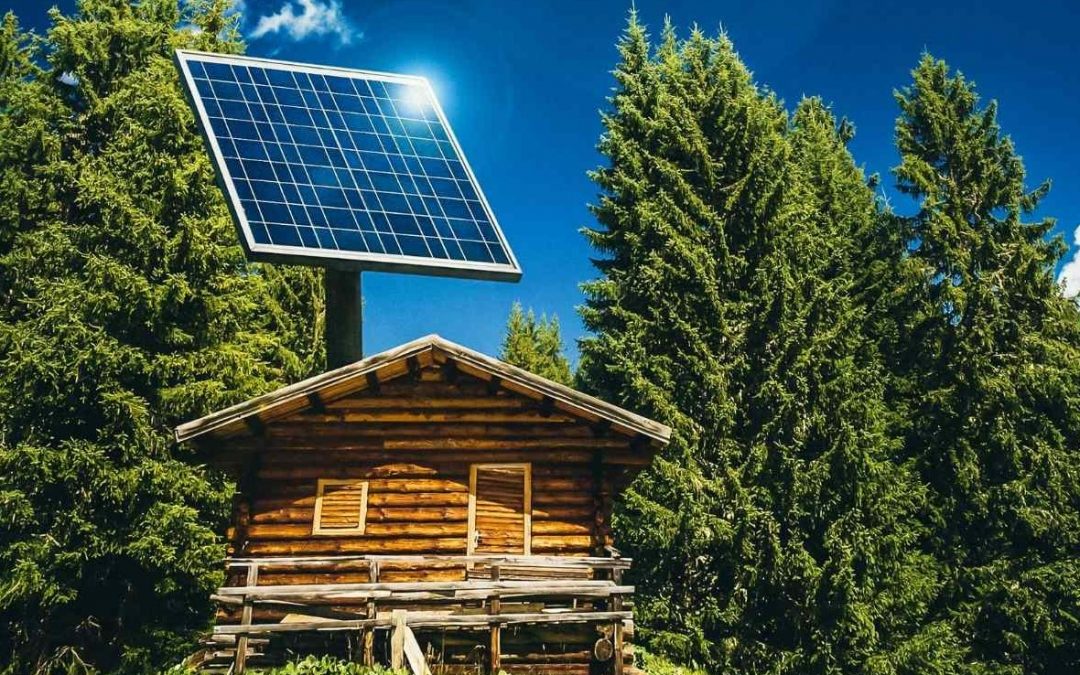With so many renewable home energy options it can be difficult to determine the most efficient renewable energy for home. Various factors impact each source’s efficiency, and a close look needs to be taken at each source’s fuel and production cost as well as its environmental impacts.
While renewable energy sources are considered better for the environment, not all are equally efficient, making some a less favored home installation option. With the never-ending increase in energy consumption, it’s essential to determine which source is the most efficient in specific areas and utilize it there. This article will help you find the most efficient renewable energy for home.
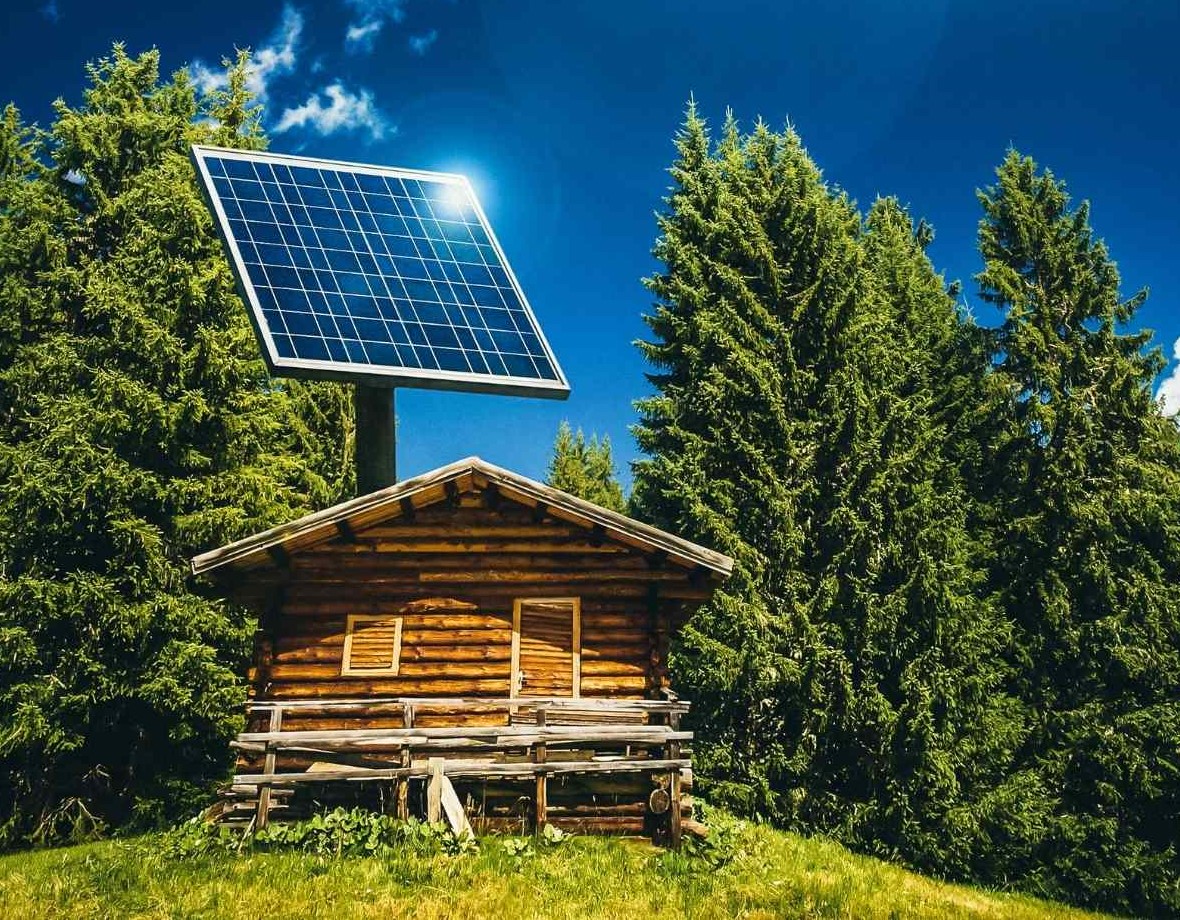
How to Determine Energy Efficiency
To determine how efficient an energy source is, an investigation inspecting its costs should be done. The costs of an energy source refer to its economic impact and the impact its production and use have on the environment.
While some renewable energy sources use naturally occurring sources as fuel, some require organic matter, and, in this instance, costs are involved in collecting this. The production costs of each source should also be accounted for. Manufacturing big power plants can require high initial capital inputs while installing systems to provide renewable energy for home use, can also cost you an arm and a leg.
Renewable energy is primarily synonymous with green energy, though each source has a damaging impact on the environment to a degree, either during its manufacturing, use, or waste process.
What Energy Source is Most Efficient?
Wind Power
There are different kinds of wind power, each categorized by its turbine placement. The construction of wind turbines can be challenging, generally making them more expensive than nuclear and fossil fuel generators. Start-up costs can be high and material transportation to remote sites, building logistics, power connectivity to faraway cities, and economic advantages and disadvantages should all be accounted for.
Power plants create many job opportunities, and when individuals choose to install micro wind turbines for home generating, specialized workmanship requirements create jobs within communities.
While wind turbines produce clean, non-polluting energy, there are notable undesirable effects. Despite being in harmony with land life, it can threaten air life when birds die at the hand of turbine blades. Wind turbines also tend to be noisy, contributing to noise pollution.
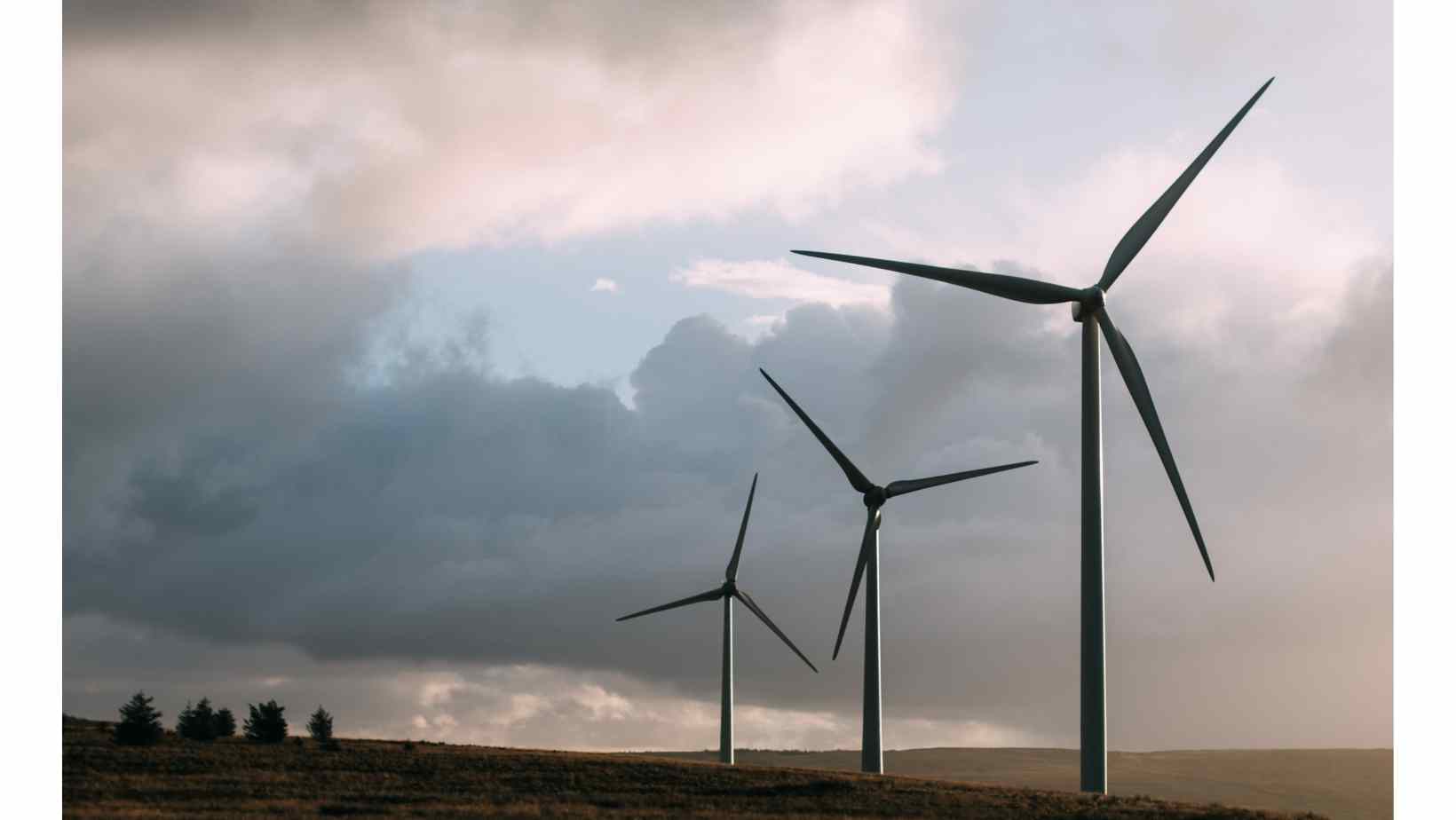
Solar Power
Although the manufacturing of traditional solar panels is energy-intensive and produces toxic compounds, new technology makes it possible to produce solar cells using less energy. Being one of the most popular alternative power sources for home electricity, solar panel system installations fill an employment gap that impacts the economy positively.
LEARN MORE: Solar Energy Advantages and Disadvantages
While in use, solar systems don’t produce waste, and their energy source is harvested at no cost.
A solar energy system’s setup cost can be high for commercial use, residential use, and generating farms. However, running it is cost-effective, and maintenance is low-cost. The environmental impact of residential solar power systems and larger farms isn’t detrimental. However, environmental degradation and habitat loss can become results if open spaces for solar farm setups decrease to such a point where space needs to be made.
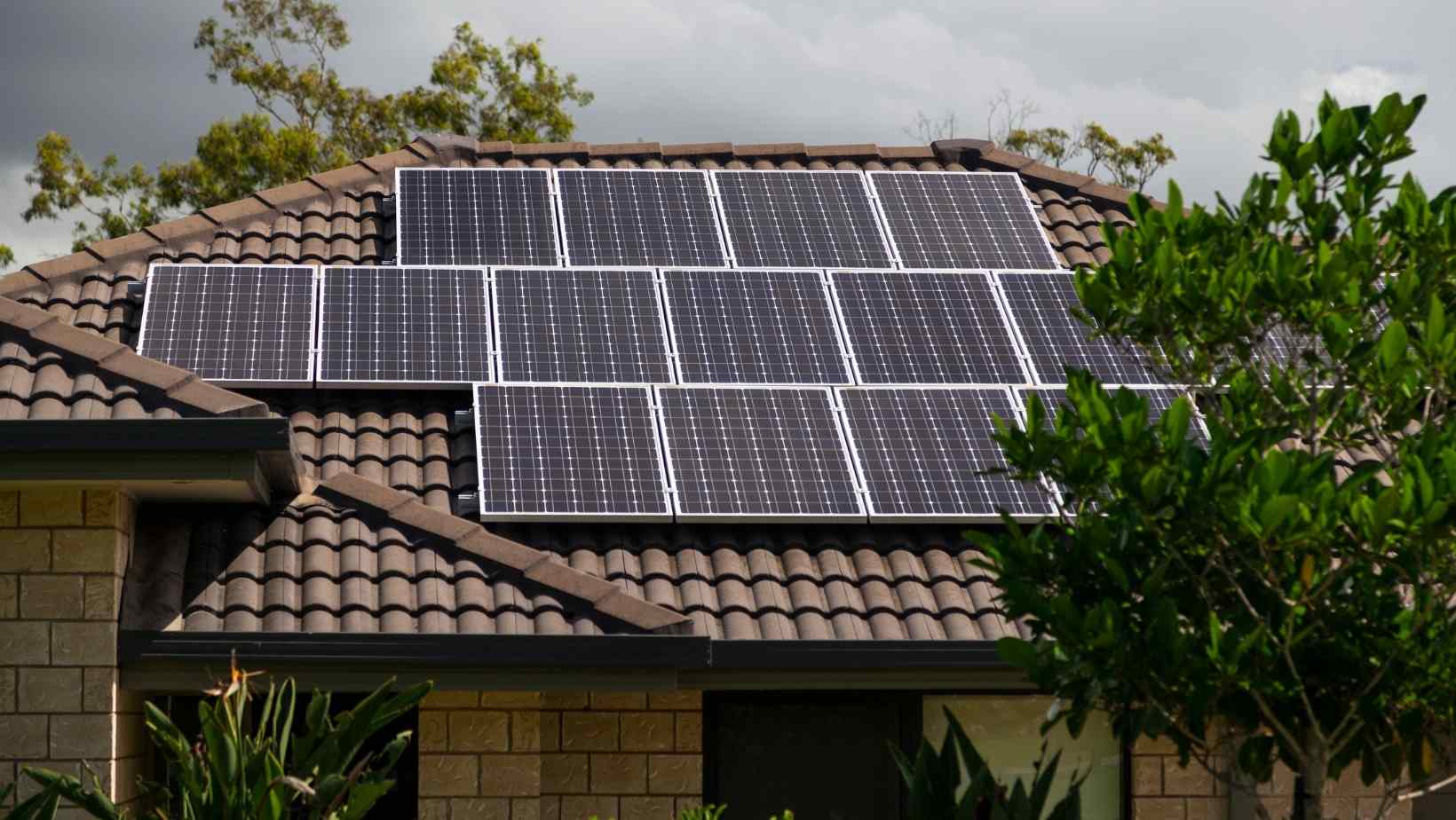
Biomass Power
You might be inclined to assume that because biomass power plants use organic material and waste to generate electricity, it’s the most efficient renewable energy source. However, building biomass power plants’ capital cost is high, and the transportation cost of fuel should be considered.
Power plants and residential systems can both use agricultural residue, paper trash, solid waste, food waste, and wood as their fuel source, rendering the cost of fuel close to zero. All fuel sources are renewable and can be replaced in a short period. However, if fast-growing crops are used as fuel, they will have to compete with other agricultural activities for land, and a large land area will be required.
Biomass energy is considered carbon neutral because biomass fuels release an equal amount of carbon into the air as was absorbed by them in their life cycle. Using biomass fuels also reduce garbage landfill and waste manufacturers can create a profitable revenue from their available sources.
READ MORE: Advantages of Biomass Systems
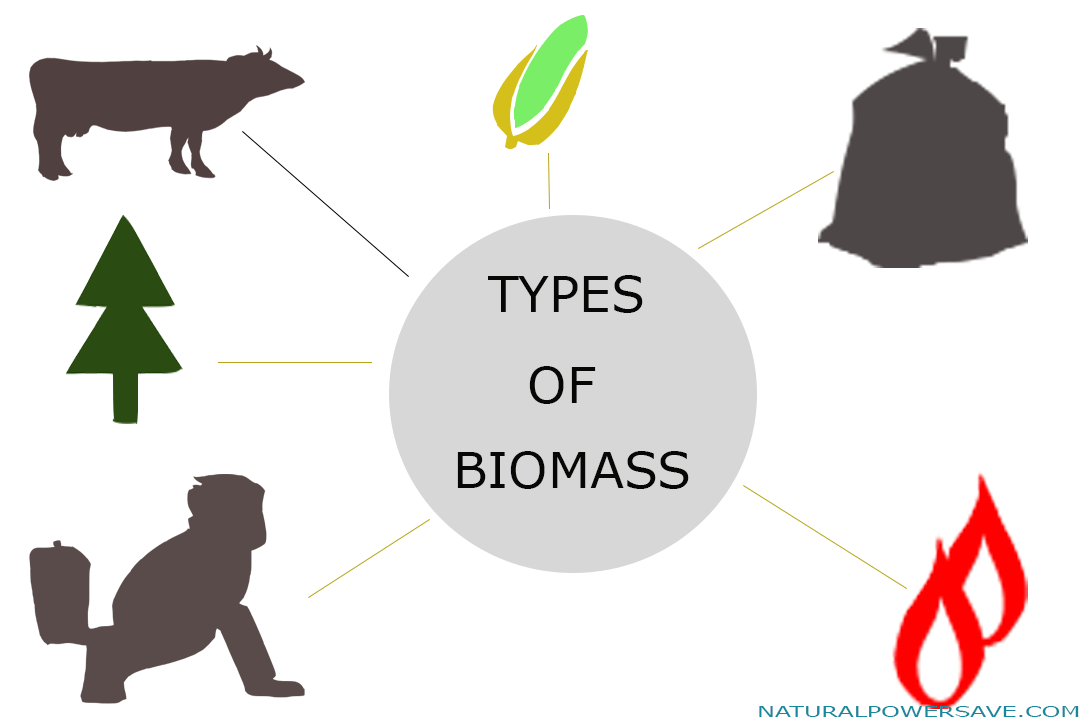
Hydro Power
Hydro-plants generate electricity by utilizing moving water from rivers or dams through means of a controlled flow. Though the initial capital to set this up is immense, operation and maintenance costs are low.
Hydroelectric power plants are also immune to rising fuel prices, making their affordability sustainable for consumers and impacting the economy positively. Setting up new plants also makes way for opportunities to create lakes for recreational purposes. It leads to faster land development, leading to a healthy injection in the affected area’s economy.
Hydroelectric systems are reliable, safe, and emission-free. These factors contribute to its cleanness, while the impact that damming water sources have on water species and the risk of floods that can sprout from building elevated water sources are disadvantages.
The four most efficient energy sources outlined above compete neck in neck for the number one ranking. Each energy source has advantages and disadvantages which impact its efficiency status. However, between wind, solar, biomass, and hydropower, the most efficient energy source is solar power.
Whether it’s used for commercial, residential, or industrial purposes, solar power trumps the list. Generating solar energy as an alternative power source for home electricity and industrial purposes is cost-effective, eco-friendly, and widely producible.

Final Thoughts
Advancing technology increases energy capture by renewable energy sources. It improves the economic and environmental impacts that each has by striving towards lower-cost models that produce the least amount of waste. Considering the financial input and impact, ecological damage, and production efficacy, a conclusion can be reached that renewable energy sources are more efficient than non-renewable ones.
Whether you choose the source which is considered the most efficient renewable energy for home, or another renewable energy source that suits your home environment, you’re making a greener choice that will benefit you and the environment for years to come.

